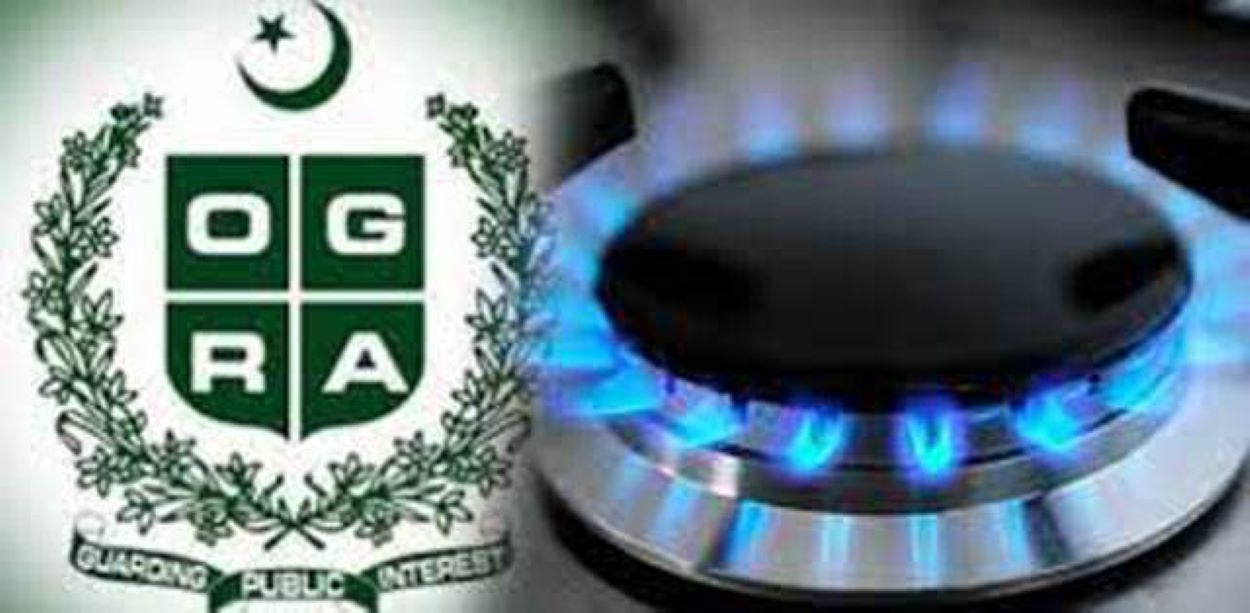The federal government has chosen not to lower the gas tariff from July 1, despite the Oil and Gas Regulatory Authority’s (Ogra) suggestion for a 10% price reduction for the upcoming fiscal year.
Contrarily, following International Monetary Fund (IMF) guidelines, the government will increase gas prices for captive power plants (CPPs) from Rs2,750 per mmBtu to Rs3,000 per mmBtu.
Energy ministry senior officials informed us that the government plans to keep current gas prices stable, except for CPPs, and aim for a revenue surplus of Rs 100- 115 billion for the next fiscal year.
This surplus revenue is intended to reduce the staggering Rs2,900 billion circular debt in a phased approach. Accumulated losses from prior years reached Rs1,500 billion.
The Petroleum Division has directed Ogra to help Sui gas companies reduce circular debt through this surplus.
With CPPs noted for high natural gas wastage and largely connected to the Sui Southern network, the IMF has advocated for integrating all CPPs into the national electricity grid. These plants supply electricity for their operations, and some sell it to distribution companies (Discos).
Moreover, the IMF has demanded that gas prices for CPPs align with RLNG prices, necessitating an increase by January 1, 2025, meeting the final deadline to equalize CPP tariffs with RLNG prices.
Officials detailed plans to increment CPP gas prices by Rs250 per mmBtu from July 1, 2024, and a subsequent Rs700 per mmBtu increase by January 1, 2025, to comply with IMF directives.
Previously, the Petroleum Division requested that the Finance Division allocate funds to reduce circular debt accumulated to Rs260 billion from FY19 to FY23 due to RLNG diversions. However, the finance ministry’s latest budget did not earmark any subsidies for this purpose, maintaining gas prices per OGRA’s decision and using the surplus for sectoral loss reduction.
Currently, the government offers no subsidies to domestic gas users, placing the burden of an Rs110 billion annual cross-subsidy on industrial and high-end domestic consumers.
The IMF has also urged the government to adjust gas tariffs biannually, on July 1 and January 1, to prevent new surges in circular debt.






